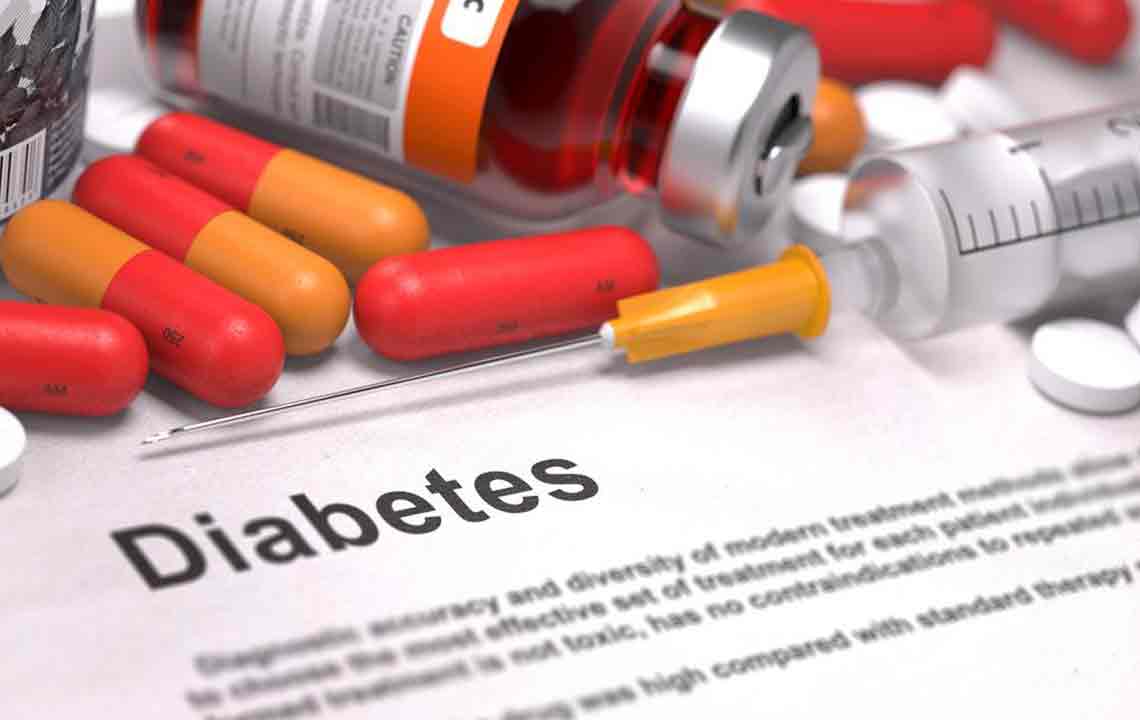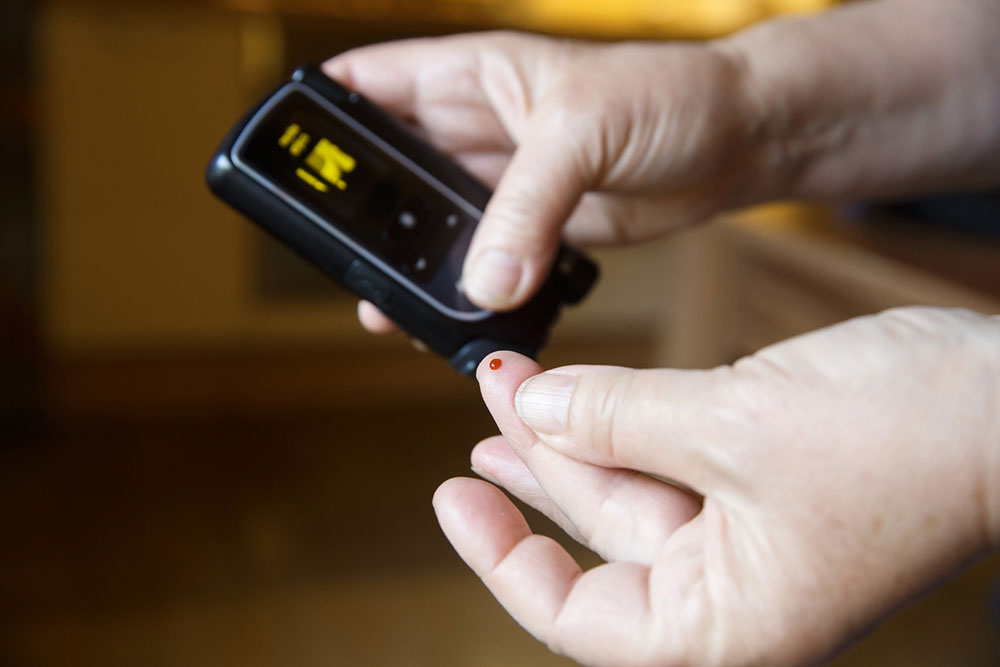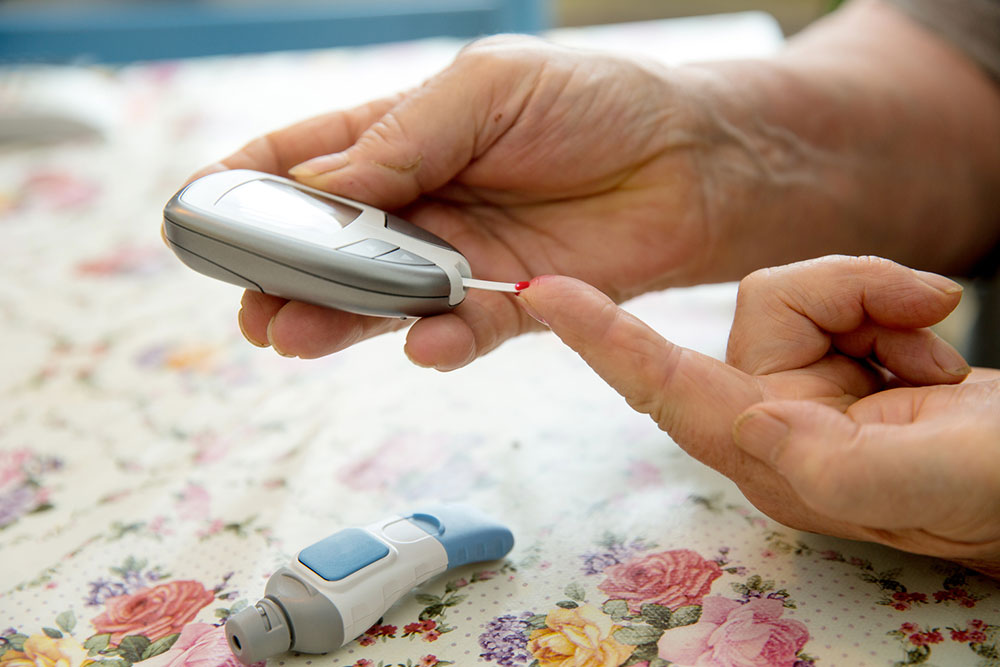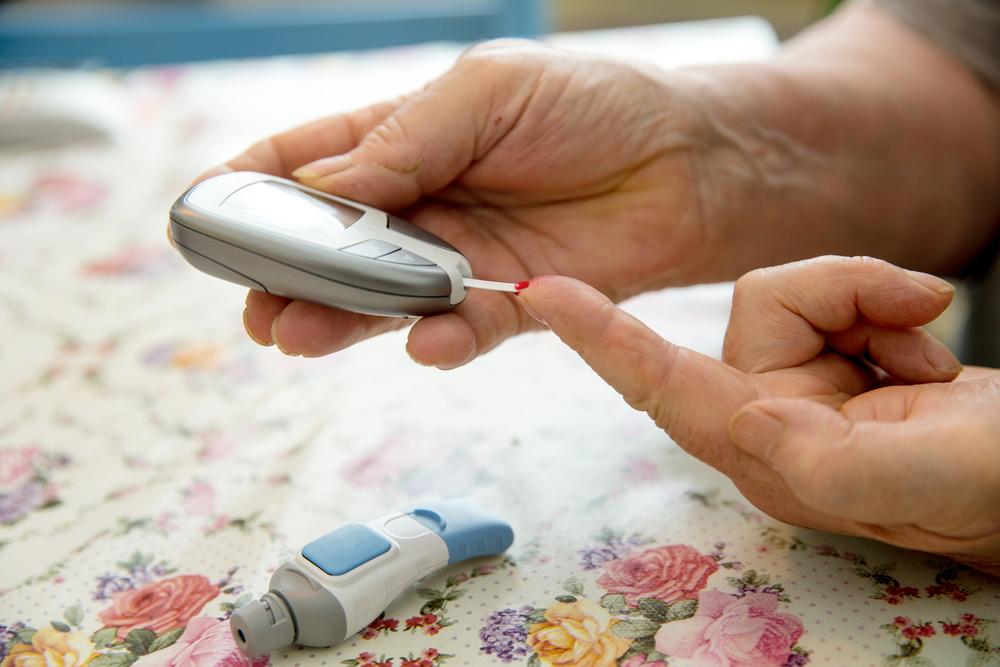Comprehensive Strategies for Managing and Understanding Type 2 Diabetes
This comprehensive guide provides in-depth insights into managing type 2 diabetes, including causes, symptoms, treatments, and latest technological advancements. Learn how lifestyle changes and medical innovations can help control blood sugar and prevent serious health complications, offering a pathway to better health and quality of life.

Comprehensive Strategies for Managing and Understanding Type 2 Diabetes
Type 2 diabetes mellitus is a chronic metabolic disorder characterized by the body's inability to regulate blood glucose effectively. This condition has become increasingly prevalent worldwide, affecting millions of individuals across different age groups, especially with rising obesity levels. Managing this condition involves understanding its underlying causes, recognizing symptoms early, and employing a combination of medical treatment, lifestyle modifications, and preventive measures to improve quality of life and reduce complications.
What is Type 2 Diabetes and How Does It Develop? At its core, type 2 diabetes results from insulin resistance, where the body's cells become less responsive to insulin, the hormone responsible for facilitating glucose uptake from the bloodstream into cells. This resistance causes blood sugar levels to rise, leading to various health issues over time. The pancreas initially compensates by producing more insulin, but eventually, insulin production diminishes, making blood sugar control increasingly difficult.
Several factors contribute to the development of type 2 diabetes. These include genetic predisposition, unhealthy dietary habits, sedentary lifestyles, obesity, aging, and certain environmental influences. Poor nutrition characterized by high intake of processed foods, sugary beverages, and excessive carbohydrates significantly influences the risk. Physical inactivity further exacerbates insulin resistance, highlighting the importance of regular exercise in prevention and management.
Though currently incurable, recent advances in medical science have introduced various strategies and treatments to help individuals manage the disease effectively, minimizing symptoms and preventing serious complications.
Individuals suffering from type 2 diabetes often experience symptoms such as frequent urination, excessive thirst, blurred vision, fatigue, slow wound healing, and recurrent infections. If left uncontrolled, the condition can lead to severe health problems including nerve damage (neuropathy), kidney disease (nephropathy), diabetic retinopathy, cardiovascular complications like heart attack and stroke, and increased risk of infections. Blood sugar irregularities are also associated with other health disorders such as hypertension and dementia. Recognizing risk factors early—such as family history, obesity, and sedentary lifestyle—is crucial for timely intervention and effective disease management.
Medical Treatments and Lifestyle Approaches While there is presently no cure for type 2 diabetes, a comprehensive plan involving medication, lifestyle alterations, and dietary management can help control blood sugar levels effectively. Oral hypoglycemic agents are typically prescribed at the onset, aimed at improving insulin sensitivity, stimulating insulin production, or slowing carbohydrate absorption from the digestive tract. In cases where oral medications are insufficient, insulin therapy becomes necessary, delivered through various devices such as pens, insulin pumps, or inhalers designed for ease of use and precise dosing.
Lifestyle modifications play a pivotal role in managing the disease. Adopting a balanced diet low in refined carbohydrates and sugars, rich in fiber, healthy fats, and lean proteins, helps regulate blood glucose. Regular physical activity, including walking, cycling, swimming, or strength training, enhances insulin sensitivity and promotes overall health. Weight management through proper diet and exercise is particularly beneficial. Stress management, adequate sleep, and avoiding smoking and excessive alcohol consumption are additional crucial components of a holistic approach.
Recent technological innovations have revolutionized diabetes management, making it more convenient and precise. Modern insulin delivery devices with smart features, dose reminders, and connectivity to mobile applications facilitate better control. Inhalable insulin formulations provide rapid blood sugar regulation in specific cases. Moreover, advancements like artificial pancreas systems, which integrate continuous glucose monitoring with automated insulin delivery, are on the horizon, promising to simplify management even further.
Scientists and healthcare professionals worldwide are actively researching innovative solutions for better control and potential cures for type 2 diabetes. Some notable developments include:
New oral medications: These drugs are designed to improve insulin sensitivity, boost pancreatic insulin production, or slow carbohydrate absorption, helping to maintain healthier blood glucose levels. While effective, these medications require careful monitoring to minimize side effects.
Enhanced insulin delivery systems: The next generation of insulin pumps and pens featuring smart technology, dose automation, and connectivity with smartphones assist patients in achieving optimal glycemic control. Inhalable insulin options offer quicker action for post-meal blood sugar spikes.
Continuous Glucose Monitoring (CGM) Devices: These miniature sensors are inserted under the skin, continuously tracking blood sugar levels, providing real-time data and alerts for dangerous fluctuations. CGMs significantly reduce the reliance on finger-stick testing and can synchronize seamlessly with insulin pumps to enable automated insulin adjustments, thereby reducing the burden on patients and improving health outcomes.
By staying informed and adopting a proactive approach combining medication, technology, and lifestyle changes, individuals living with type 2 diabetes can maintain better control over their health, reduce the risk of complications, and enjoy a higher quality of life. Continued research and innovation promise an even brighter future for those affected by this widespread condition.





